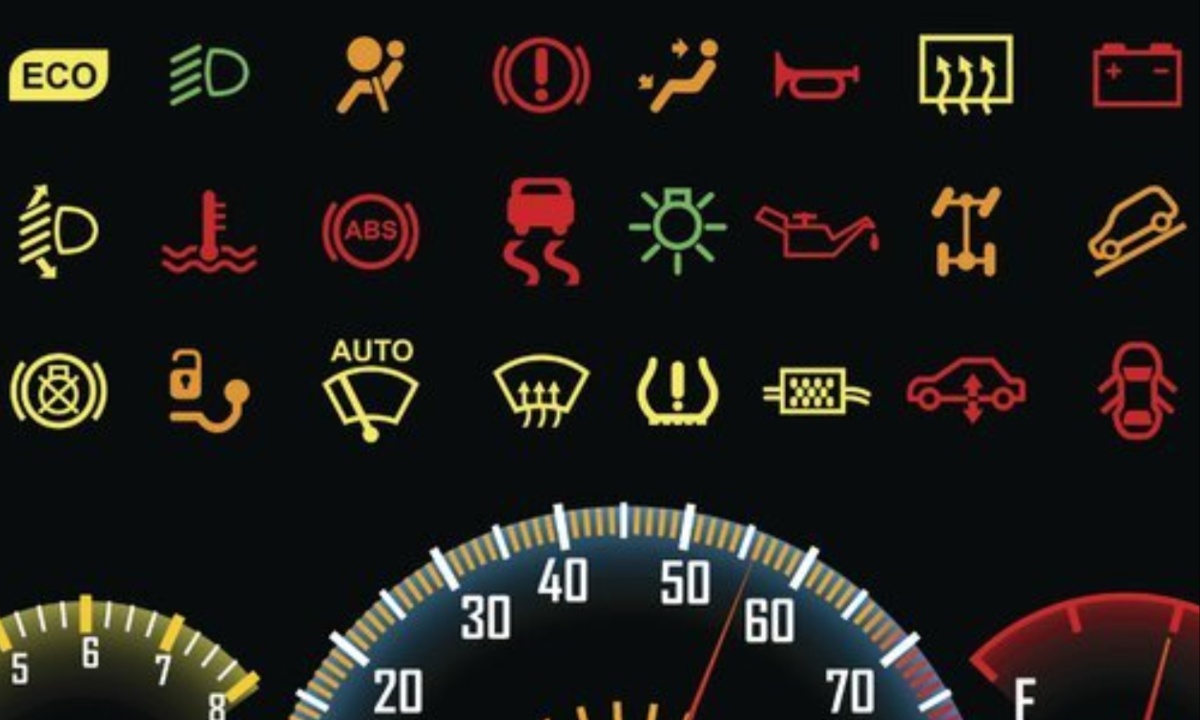Have you ever glanced at your dashboard and noticed a mysterious light pop up, only to ignore it? Many car owners do the same, assuming it’s minor or forgetting about it altogether. However, these warning lights are designed for a reason – to keep you, your passengers, and others on the road safe. Ignoring them could lead to costly repairs, breakdowns, or even life-threatening situations. As a car owner, understanding the importance of these signals and responding promptly can save you from serious trouble. This guide highlights key car dashboard warning lights you should never ignore for optimal vehicle health.
1. Engine Temperature
An overheating engine is a serious problem indicated by the engine temperature warning light. Continuing to drive with an overheated engine can cause irreversible damage to critical components like the cylinder head and radiator. If this light appears, stop the car as soon as it’s safe and turn off the engine to allow it to cool. Sometimes the issue is minor, such as low coolant levels, but if the light persists, professional inspection is necessary. Prolonged overheating can lead to costly repairs or engine replacement. Monitoring and maintaining your cooling system ensures smoother performance and prevents expensive damage.
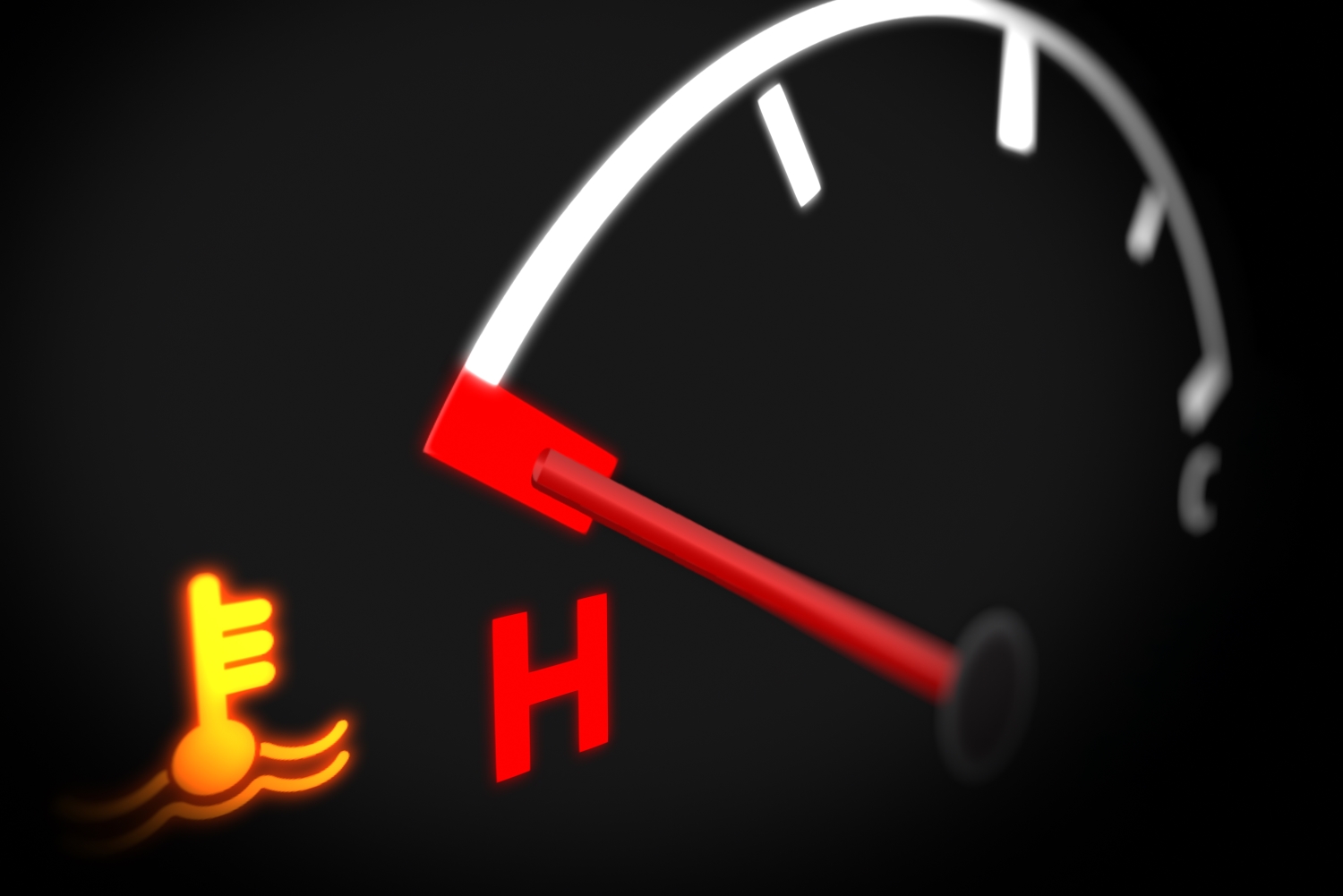
2. Airbag Warning
Airbags are life-saving devices designed to protect you in an accident. If the airbag warning light appears, it signals a malfunction in the airbag or seatbelt system. Ignoring this warning compromises your safety, as airbags may fail to deploy when needed. It’s strongly advised to minimize driving until the issue is resolved by a professional. Without a functioning airbag system, even a minor collision can result in severe injuries. Safety systems like airbags are critical, and addressing their malfunctions ensures your protection on the road. This warning light should never be overlooked for the safety of all passengers.

3. Check Engine Light
The check engine light signals issues ranging from minor problems like a loose fuel cap to serious engine malfunctions. While the underlying issue may seem insignificant, ignoring this warning can have devastating consequences over time. Engine problems can worsen, leading to complete failure and expensive repairs. Promptly addressing this light by consulting a professional mechanic helps diagnose and fix the issue before it escalates. Acting early not only extends your engine’s lifespan but also prevents a potential breakdown. Taking this light seriously ensures your car stays roadworthy and reliable while saving you from unexpected repair costs.
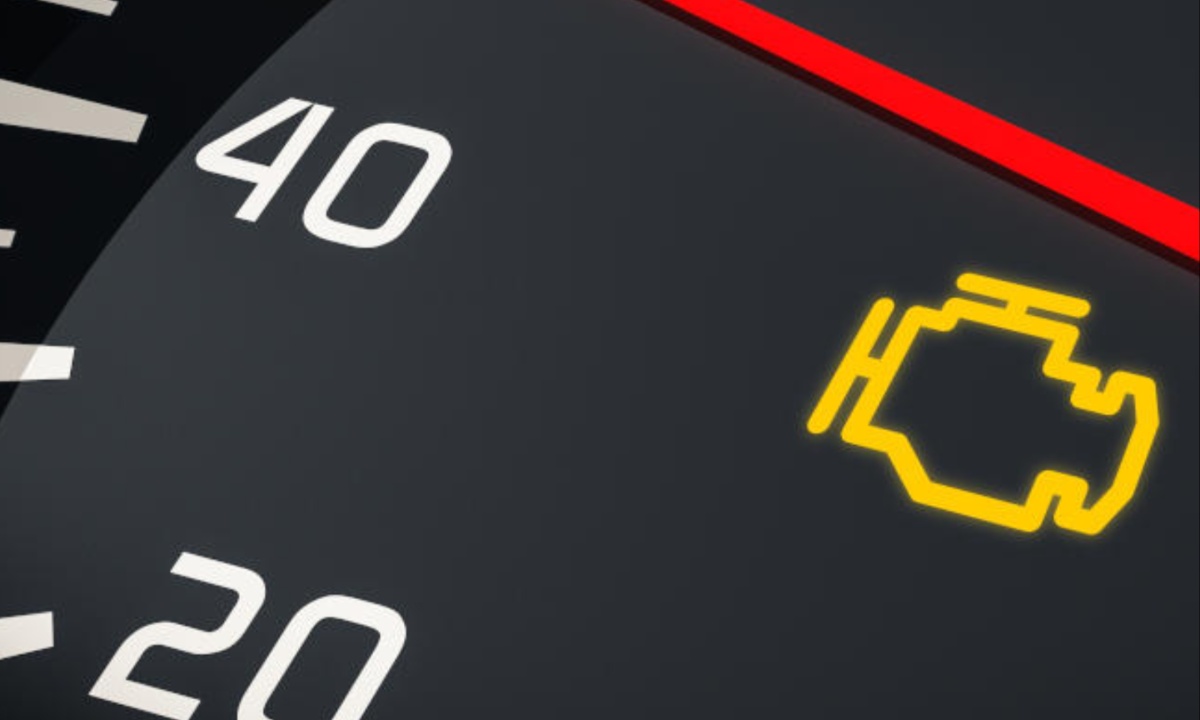
4. Oil Pressure Warning
The oil pressure light alerts you to low oil levels, faulty pressure sensors, or severe engine problems. Engine oil is essential for lubricating parts and reducing friction. Ignoring this light risks catastrophic engine damage, leading to costly repairs or breakdowns. If the light appears, pull over safely and check the oil levels. If low, top it up or call a mechanic to diagnose the issue. Addressing this warning promptly ensures that your engine remains protected and runs efficiently. Regular oil checks and maintenance prevent unexpected breakdowns and extend your vehicle’s overall lifespan, keeping it in peak condition.
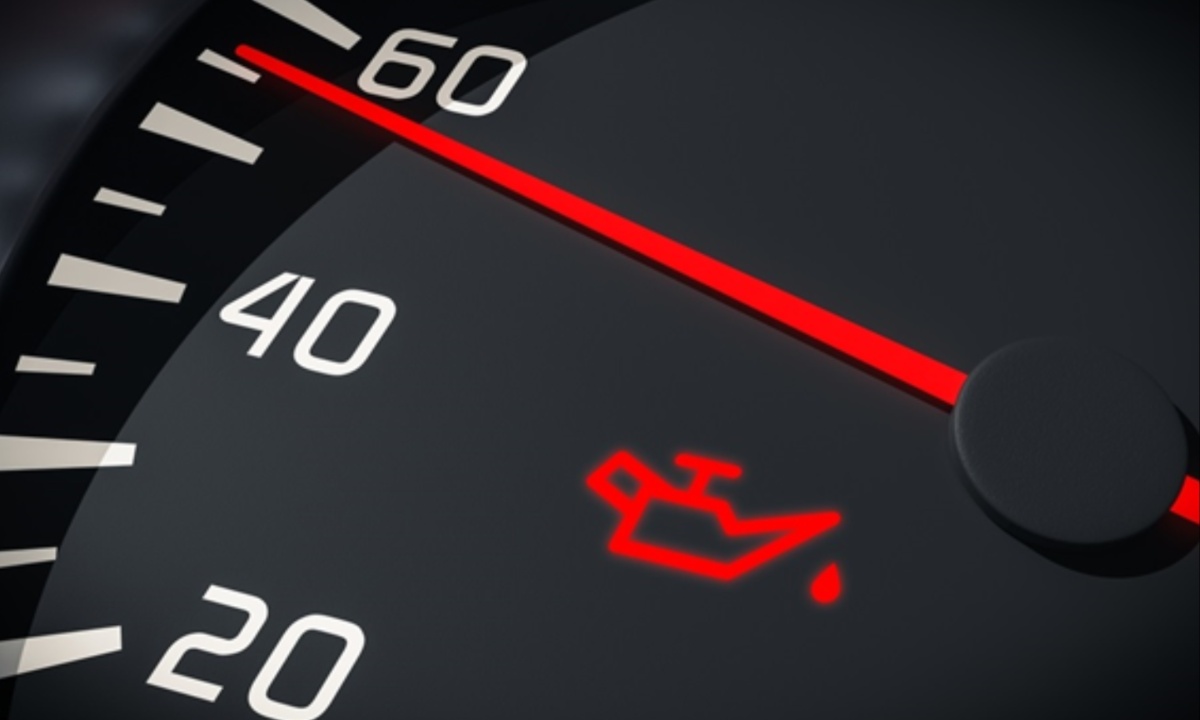
5. ABS and Brake Fluid
Your brakes are among the most vital components of your vehicle for ensuring road safety. The ABS (Anti-lock Braking System) light or brake fluid warning indicates that your brakes are compromised. If the ABS mechanism fails, the car’s wheels may lock up during braking, leading to skidding and loss of control. Similarly, low brake fluid or damaged sensors can prevent the brakes from functioning optimally, increasing the risk of failure. Never ignore this light; it requires immediate attention from a mechanic. Ensuring your braking system works flawlessly protects you and others on the road from serious accidents.
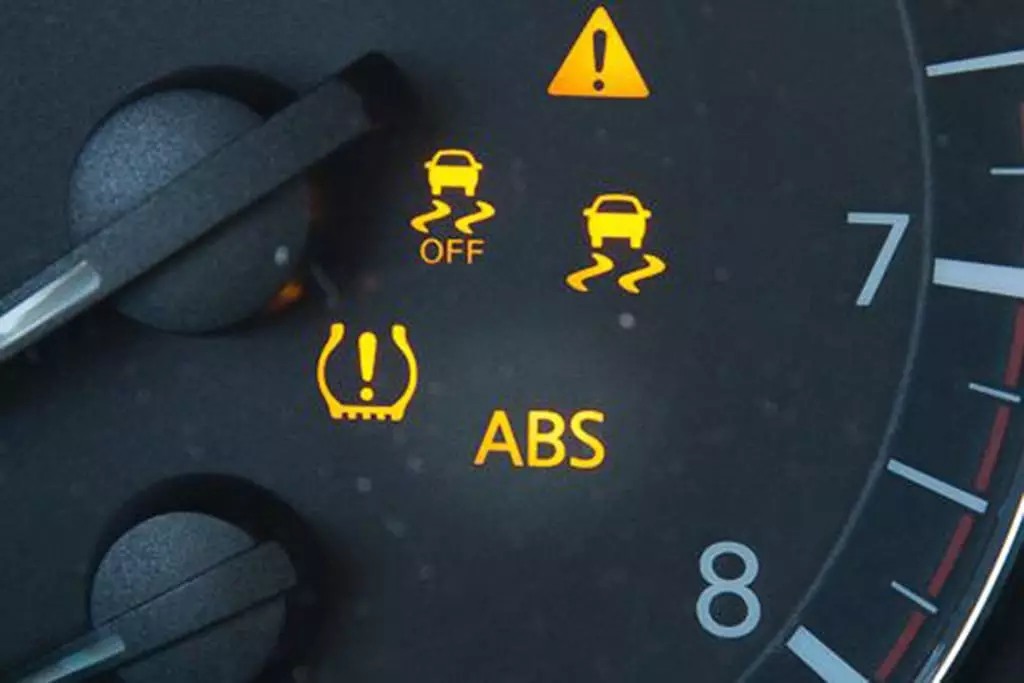
6. Tyre Pressure Indicator
Proper tyre pressure is critical for safe driving, fuel efficiency, and extending tyre life. The tyre pressure indicator warns when pressure is too low or too high. Incorrect pressure can affect the handling, and braking, and even lead to tyre blowouts. While a faulty pressure sensor can sometimes trigger the light, it’s crucial to check the tyres promptly. Ignoring this light increases risks on the road and accelerates tyre wear. A good habit is to monitor tyre pressure during refueling. Addressing this warning ensures safer driving conditions and prevents accidents caused by poorly inflated or overinflated tyres.
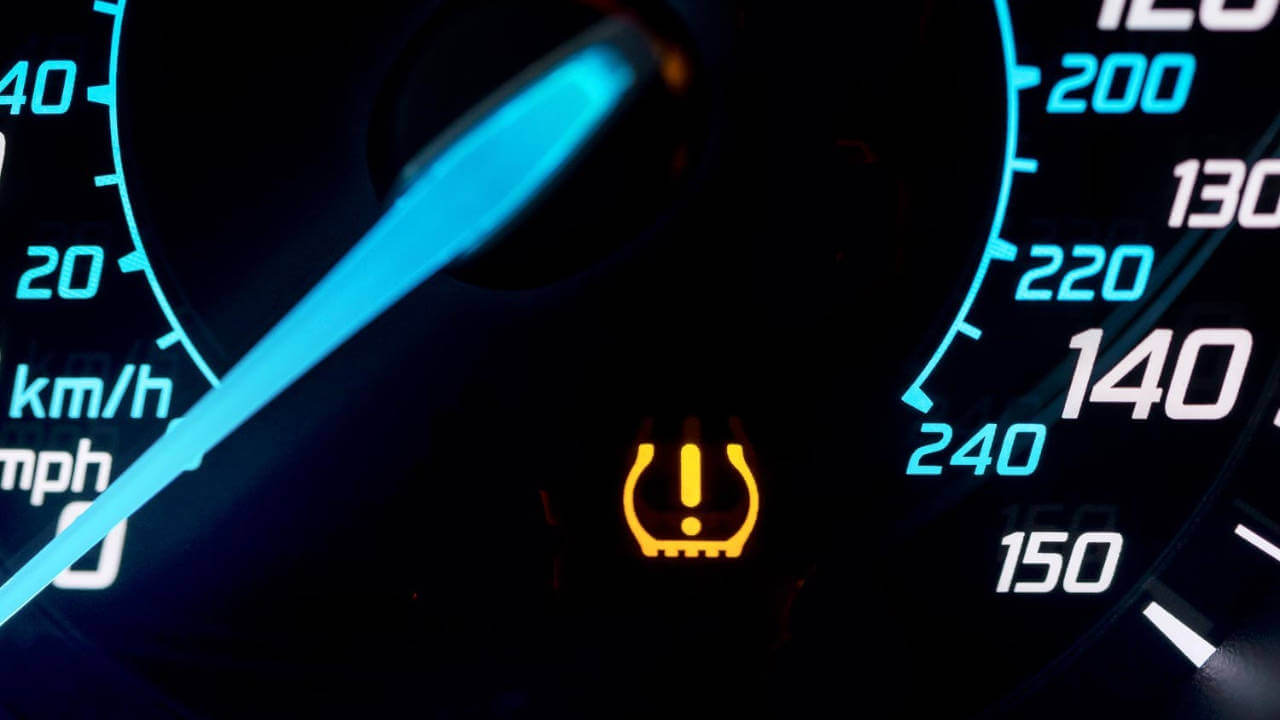
While all dashboard warning lights are important, some are life-critical and demand immediate action. Ignoring them could result in severe mechanical failure, accidents, or costly repairs. If a warning light appears while driving, consult your vehicle manual and take appropriate action. Pull over safely, assess the situation, and, when in doubt, seek professional help. Understanding what each light represents allows you to act swiftly and responsibly. Regular maintenance and proactive care for your car ensure it remains safe and reliable. Acting quickly when a warning light appears is always the smarter and safer choice.
In addition to addressing dashboard warning lights, having comprehensive car insurance provides added peace of mind. Car troubles, accidents, and breakdowns are often unpredictable, and repair costs can be overwhelming. Comprehensive insurance covers unexpected situations, protecting your finances during emergencies. Investing in insurance, combined with routine car maintenance, minimizes risks and ensures you’re prepared for anything that comes your way. By taking proactive steps to care for your vehicle, you reduce the chances of mishaps and costly surprises. Being a responsible car owner means prioritizing safety, maintenance, and protection through appropriate insurance coverage.
Car dashboard warning lights are your vehicle’s way of communicating problems that require attention. Ignoring these warnings can compromise safety, lead to mechanical failures, and result in expensive repairs. By understanding and addressing the most critical lights – such as ABS, engine, oil pressure, and airbags – you ensure your vehicle operates optimally and safely. Always consult a professional mechanic for persistent issues and prioritize regular maintenance. In addition, comprehensive car insurance helps safeguard against unexpected challenges. Being attentive to dashboard warnings and proactive in car care keeps you, your passengers, and others on the road safe.

